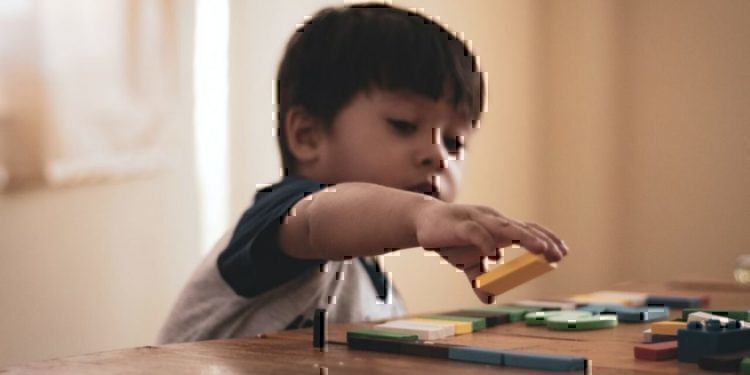The public tends to put the military family on a pedestal. Expectations for behavior are elevated and resiliency through difficulties expected. But those same military families are human and capable of making terrible choices, just like the general public. Those choices include heinous offenses like abusing children.
According to the National Child Traumatic Stress Network, the rates of child maltreatment and family violence within the military have actually outpaced cases for the general public since 2003. The rates have continually increased and officials were proven to fail to report suspected abuse to state authorities. In 2005, after this continually happened for five-year old Talia Williams – she was murdered on base by her father.
She wasn’t the only one.
From 2003-2012, there were a reported 29,552 according to Army Central Registry Data. A 2013 Army Times investigation found that 118 Army children lost their lives due to starvation and torture. Over 1400 suffered from sexual abuse. A report released in 2016 from the Journal of Child Abuse and Neglect from that same period found that only one fifth of the cases of diagnosed child abuse by a physician in the Army were being reported as substantiated by the Family Advocacy Centers. The communication between military officials was inconsistent, failing, and children were being lost.
A comprehensive study completed by the Policy Lab of the Children’s Hospital of Philadelphia found that military children were at increased risk for abuse when deployments were involved. The risk remained elevated while the service member was deployed, but the highest risk of abuse was the first six months of their return. This study led to increased resources and programs for military families, but the cases of abuse continued.
President Obama signed Talia’s Law in 2016 which prevents military officials from concealing child abuse or neglect occurring on military bases. It put in place requirements for immediate communication of suspected abuse with the state Child Protective Services agency. But what about outside agencies reporting to the military?
As of 2018, only 26 states had state laws in place requiring communication with the DOD. In several of the states who aren’t participating, there are actually laws in place preventing them from communicating with outside agencies. With 80% of military families living off base, this is a problem.
The Pentagon has spent years working with states to create laws or policies that actually require child protective agencies to ask families if they are in the military when investigating. One area of concern was that they weren’t asking these questions and investigations were never being reported to the military. Then the service member would transfer and start over somewhere else in the country with no warning to other agencies that child abuse was possibly occurring in the family home.
The problem with many states agreeing to these laws is their belief that when a civilian parent is investigated for abuse, their employer isn’t notified of the existing case. This is where HIPAA comes in. Many states struggle with having a requirement in place to notify the military for this very reason. But that reluctance to share with the military is allowing perpetrators to continue their devastating abuse.
In many cases, the military doesn’t become aware of the child abuse cases unless the military member is charged criminally with an offense. By then, it’s too late. Those vital social service resources in place within the Family Advocacy or Work Life program cannot step in to work with the family and set a plan in place to support their needs. If there was a law in place in every state requiring the communication to happen immediately, those families could be wrapped in services and the family unit possibly saved.
Rates of child abuse are increasing, despite all of the resources being put in place to support the military family and prevent escalating abuse. It’s clear that child abuse in the military is a very real problem, one that will not see reduction until all agencies put the welfare of the child above the HIPAA rights of the adult and communicate effectively. Those who are considered vulnerable populations should always be prioritized.
Until then, nothing will change.








